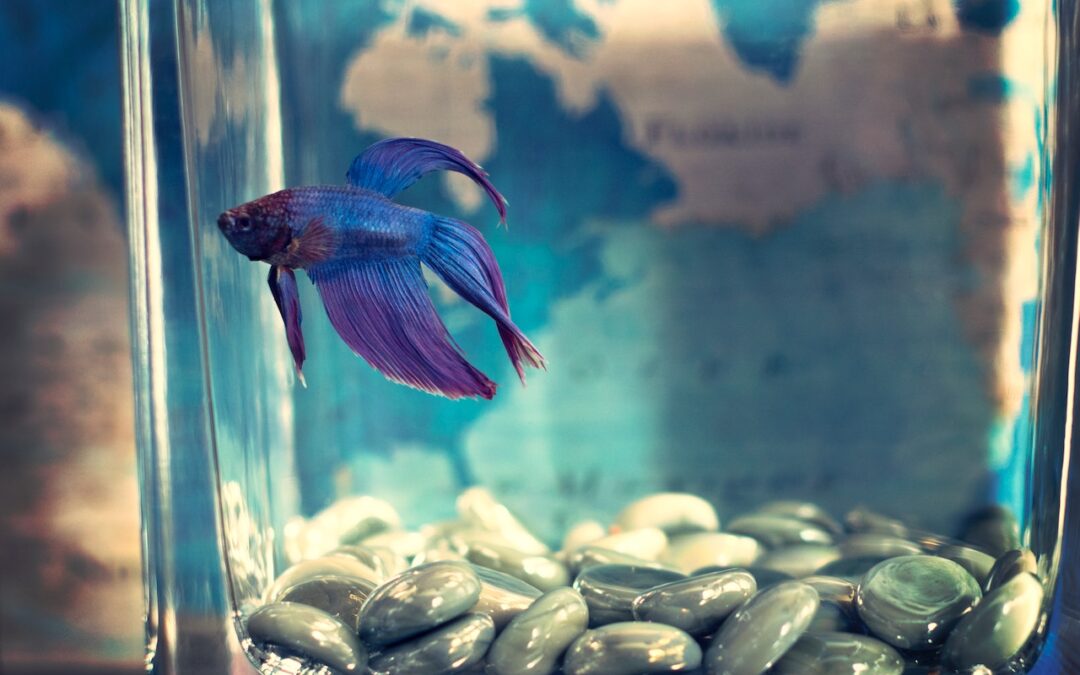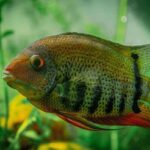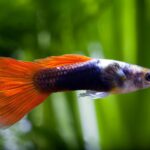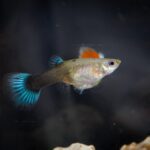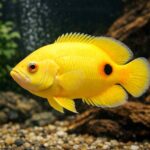Betta fish, scientifically known as Betta splendens, are undoubtedly some of the most popular freshwater aquarium fish in the world. Their striking colors, long fins, and relatively low-maintenance requirements make them a favorite among fish enthusiasts, especially beginners. However, like any pet, Betta fish require proper care, including a well-balanced diet. One common question that often arises is, “How often should I feed my Betta fish?” In this comprehensive guide, we will explore the intricacies of Betta fish feeding schedules and provide you with the knowledge you need to keep your Betta happy and healthy.
Understanding the Basics of Betta Fish Diet
Before diving into the specifics of how often to feed Betta fish, it’s essential to understand their dietary requirements. In their natural habitat of shallow waters, Betta fish primarily subsist on a diet of small insects, larvae, and zooplankton. This carnivorous nature means that they thrive on a diet rich in protein. In a home aquarium, this diet is typically met with high-quality commercial Betta pellets or flakes specifically formulated to cater to their nutritional needs.
Betta fish have a relatively small stomach, and they are prone to overeating, which can lead to obesity and various health issues. Therefore, it’s crucial to strike the right balance between feeding them adequately and avoiding overfeeding.
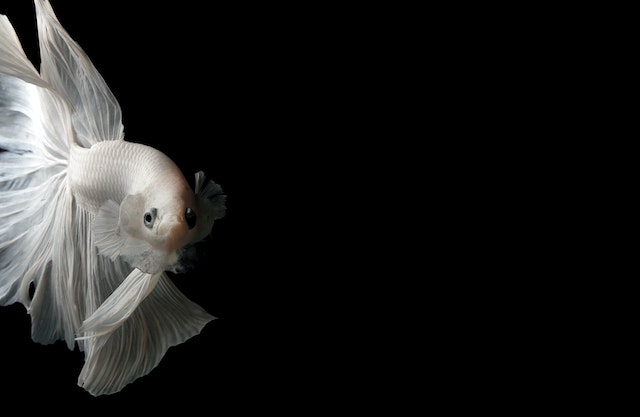
Factors Influencing How Often to Feed Betta Fish
The frequency at which you should feed your Betta fish can be influenced by several factors. It’s essential to consider these factors to determine an appropriate feeding schedule for your specific Betta:
Age
The age of your Betta fish plays a significant role in determining their feeding requirements. Young Betta fry (baby fish) have faster metabolisms and require more frequent feedings to support their rapid growth. In contrast, adult Betta fish have slower metabolisms and can thrive on less frequent meals.
Young Betta (Fry): As a general guideline, Betta fry should be fed three to four times a day, with very small portions each time. As they grow, you can gradually reduce the frequency of feedings.
Adult Betta: Adult Betta fish (6 months and older) typically do well with one or two feedings per day. This allows them to maintain a healthy weight and overall well-being.
Activity Level
Pay attention to your Betta’s activity level. Active Betta fish tend to have faster metabolisms and may require more frequent feedings. Conversely, if your Betta is less active, they may not need as many meals.
Feeding Size
One common mistake among Betta owners is overfeeding. Always consider the size of the feedings you provide. You should offer an amount of food that your Betta can consume within 2-3 minutes. Any uneaten food can quickly pollute the water in the tank, leading to water quality issues.
Water Temperature
The water temperature in your Betta’s tank can affect their metabolism. In warmer water, Betta fish tend to be more active and may require more frequent feedings. In cooler water, they may eat less frequently. Therefore, it’s essential to monitor and adjust their feeding schedule based on the water temperature.
Individual Needs
Every Betta fish is unique, and their dietary requirements can vary. Observing your Betta’s behavior and overall health is crucial in determining their ideal feeding schedule. Some Betta fish may thrive on a once-daily feeding routine, while others may need two meals a day.
Recommended Feeding Schedule for Betta Fish
To help you establish an appropriate feeding schedule for your Betta fish, here’s a general guideline:
Adult Betta Fish (6 Months and Older):
Frequency: Feed your adult Betta fish once or twice a day.
Portion Size: Offer an amount of food that your Betta can consume within 2-3 minutes.
Variety: To ensure a well-balanced diet, alternate between Betta pellets, flakes, and live or frozen foods like bloodworms or brine shrimp. This variety ensures they receive different nutrients and helps prevent dietary deficiencies.
Young Betta Fish (Under 6 Months):
Frequency: Feed your young Betta fry three times a day with very small portions. As they grow, gradually reduce the feeding frequency to twice a day.
Portion Size: Offer only what they can consume within a few minutes.
Variety: Similar to adult Bettas, young ones can benefit from a variety of foods to support their growth.
Fasting Days:
It’s a good practice to implement fasting days in your Betta’s feeding schedule. One fasting day per week can help prevent overfeeding and promote a healthy digestive system. Simply skip a meal on the designated fasting day.
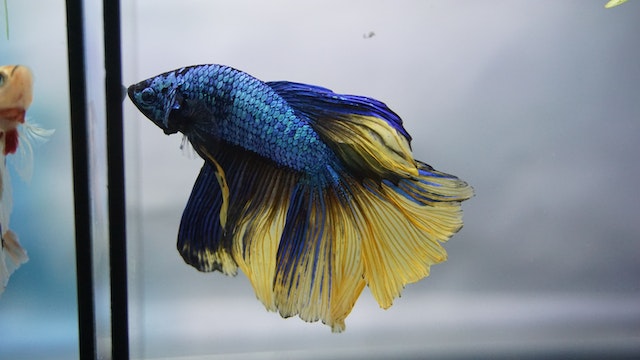
Monitoring Your Betta Fish
Maintaining a healthy Betta fish begins with proper feeding, but it doesn’t end there. Regularly observe your Betta for signs of overfeeding or underfeeding. These signs may include bloating, lethargy, loss of color, or a distended abdomen. If you notice any of these signs, adjust their feeding schedule accordingly.
In addition to monitoring their appearance, keep an eye on the overall water quality in your Betta’s tank. Overfeeding can lead to excess waste and poor water conditions, which can be harmful to your Betta’s health. Regular water changes and testing for parameters like ammonia, nitrite, and nitrate are essential to maintain a clean and healthy aquatic environment.
Feeding your Betta fish the right amount at the appropriate frequency is crucial for their health and well-being. By considering factors like age, activity level, water temperature, and individual needs, you can establish a feeding schedule that ensures your Betta thrives in its aquarium habitat. Remember that a varied and balanced diet, combined with regular monitoring, is key to keeping your Betta happy and healthy. With the proper care, your Betta fish will continue to dazzle you with their vibrant colors and lively personality for years to come.

